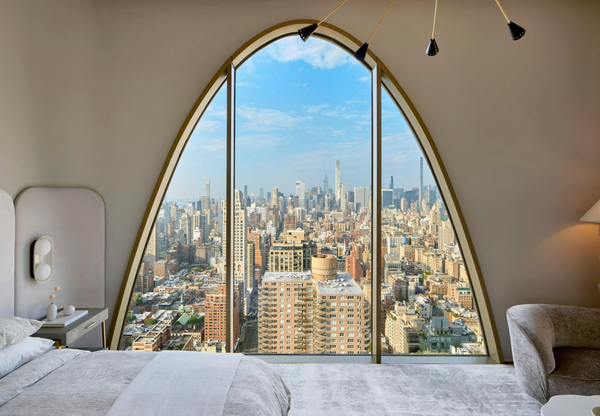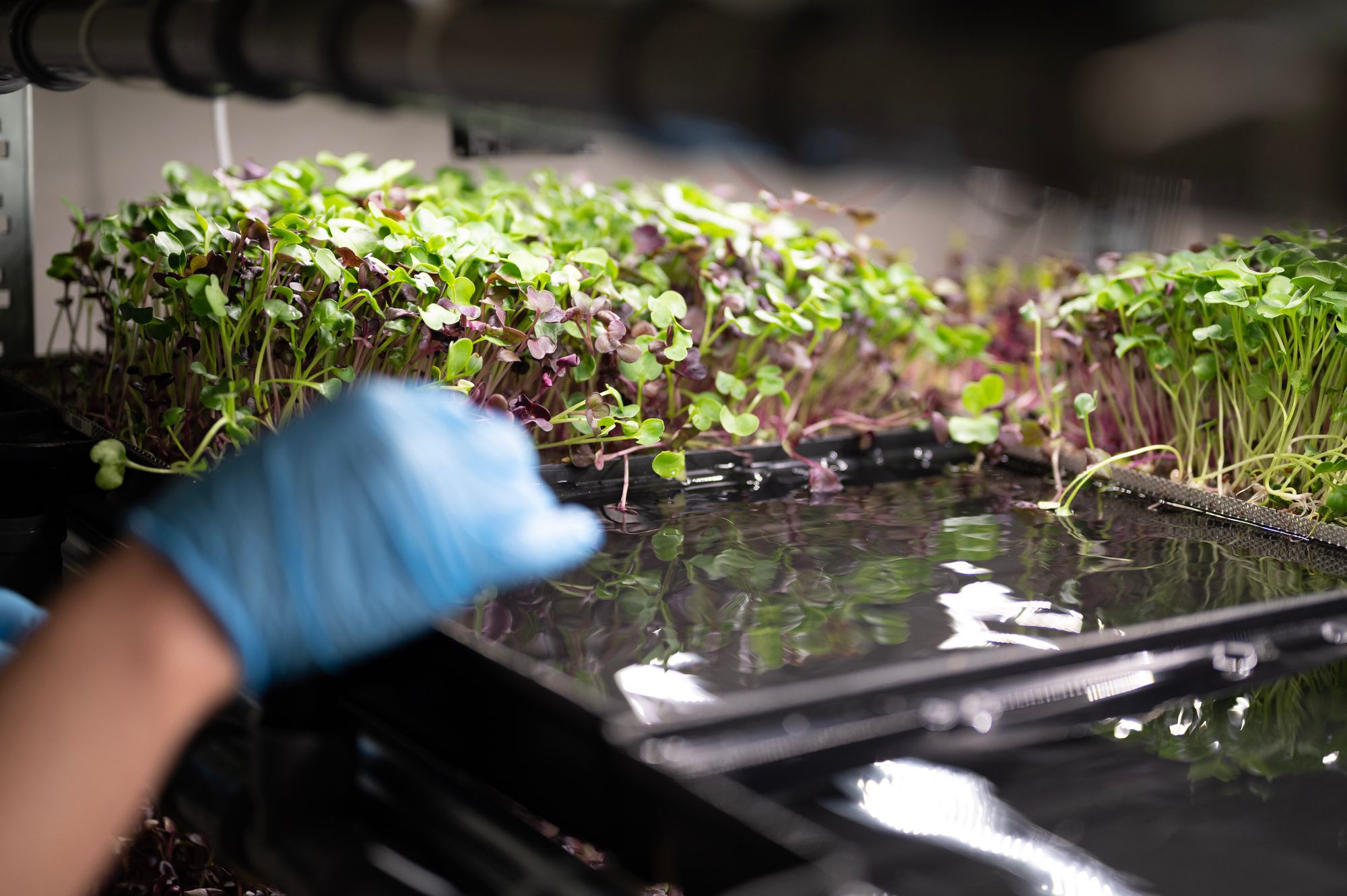Bedrock.farm’s founding team met in a student association a few years ago, and now they provide many restaurants in Budapest with quality, indoor-grown microgreens that act both as garnish and flavoring when served. But their journey was not always easy — we discussed the operation, history, challenges, and goals of bedrock.farm with Endre Szűcs, one of the founding members.
When approaching the location of bedrock.farm among the socialist-era buildings of Üllői út (Üllői Avenue – the Transl.), you would not think that one of the warehouses is home to a trendy indoor farm, from where fresh greens are delivered straight to the kitchens of downtown restaurants and then the plates of their guests. In fact, bedrock.farm operates in a warehouse, cultivating microgreens with stable, chemical-free conditions 365 days a year and freshly delivering them when ordered, currently primarily by restaurants. Moreover, in the spirit of environmental protection, the orders are brought by bike delivery to the customers immediately after harvesting. This means restaurants can have fresh greens in their kitchens in less than an hour.
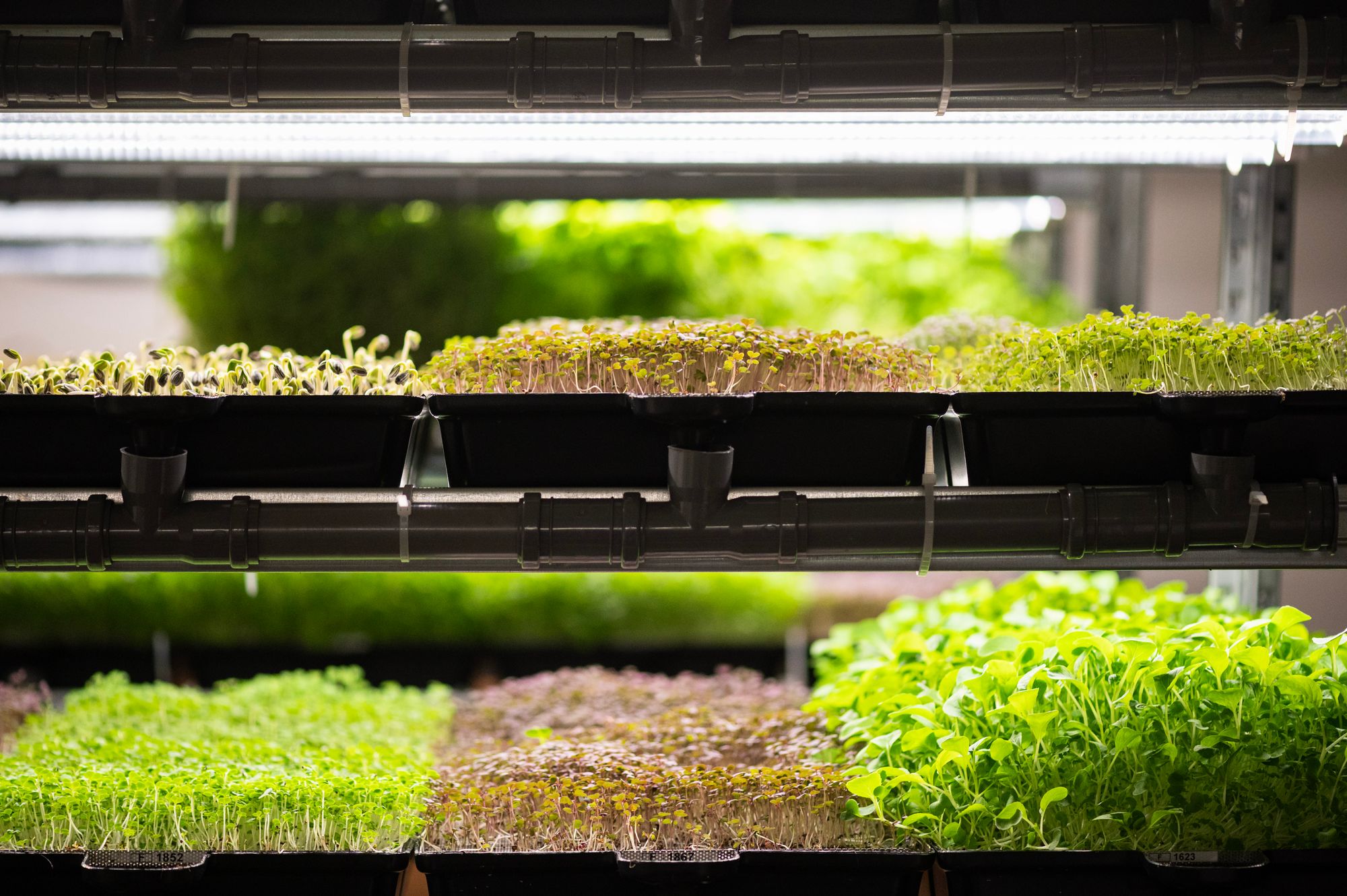
So, bedrock is essentially an indoor farm where microgreens are produced without chemicals, independently of the season, and under stable conditions. The water used to grow the plants is continuously reused, filtered, and purified by their system, saving a significantly higher proportion of the water than with the conventional method. Bedrock has grown around 160 different crops since its launch, but due to a burst pipe and subsequent involuntary relocation, it had to continue to operate in a smaller area and now has only six types of plants in the growing trays. After some expansion, they aim to reach the original number of crops again. Bedrock harvests when their greens are ordered: „If the crop is not sold today, it will not be harvested until early next week,” Endre said, stressing that freshness is their priority.
The basement farm’s history is full of challenges: They started the project during the pandemic, aiming to serve the hospitality sector that went through a grave crisis, then they had to face the energy crisis, which hit them hard as they are an indoor farm using large amounts of electricity, and finally, they were forced to move last year due to a burst pipe. The broken fire hydrant flooded bedrock’s original location, forcing the team to look for a new place. „It was not easy, but it gave us a new motivation. We had to tell our partners that there would be no crops from October until January next year. We rather said that there were no plants at all than sell bad quality products, Endre explained, adding that the relocation has caused them more damage than the energy crisis.
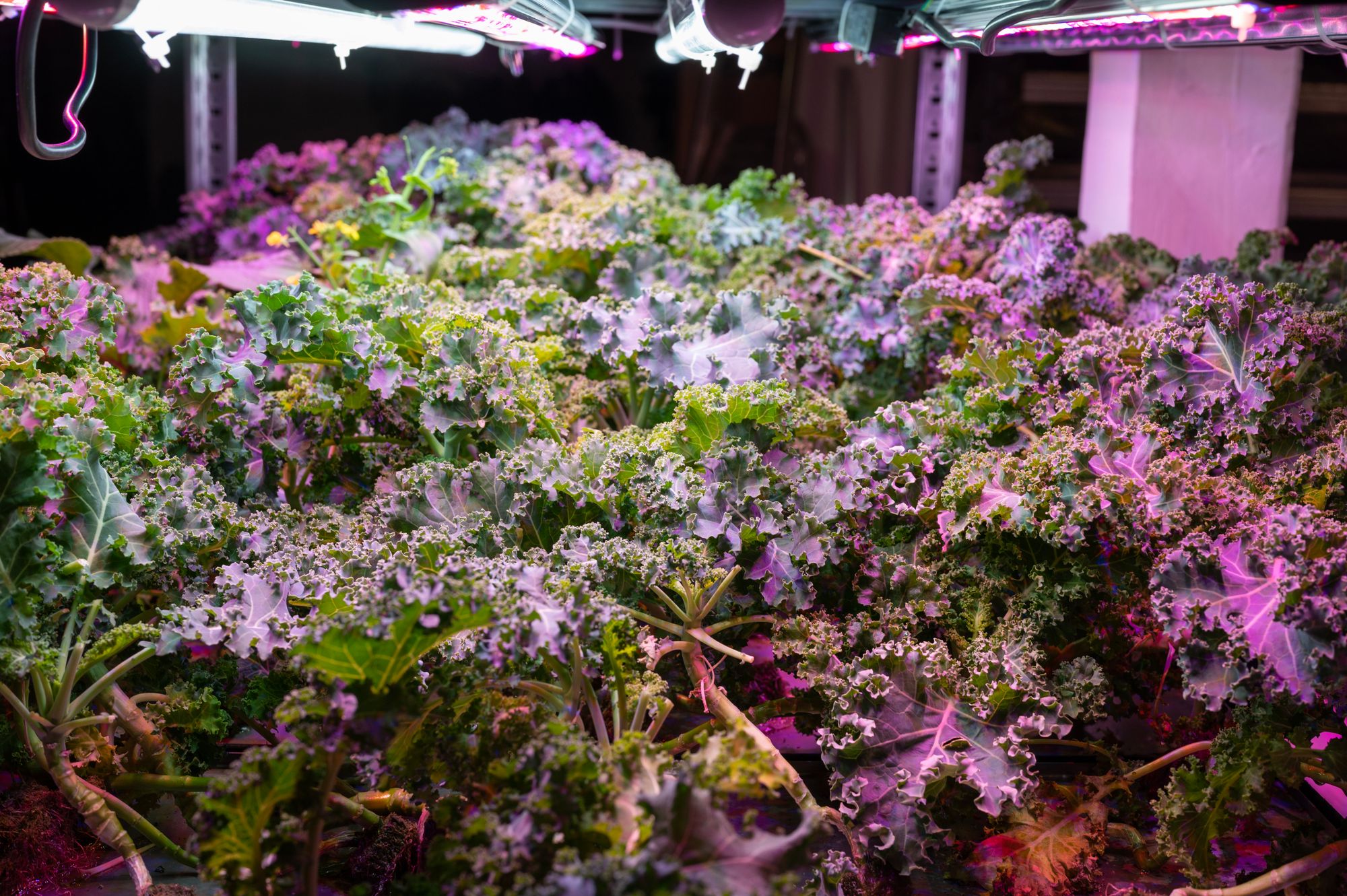
Still, discussing the impact of the energy crisis was unavoidable, but Endre stressed that it is not the indoor farm itself but the whole agricultural sector that is energy intensive. „Indoor farms only use electricity; we supply all our energy needs with electricity. A conventional farmer uses pesticide and nutrient solutions. Although we also use nutrient solutions, we can do it much more efficiently as we circulate and replenish it, whereas, in a conventional farm, it is spread out. Agriculture is energy-intensive, but indoor farms depend on electricity, while conventional farms rely upon multiple energy sources,” Endre explained, adding that it is undeniable that they consume a lot of electricity, but they are cultivating quality vegetables for human consumption, meaning they are creating value. „It is a scale of control; open land at one end and indoor farm at the other. One of the main problems of restaurants today is that quality is often inconsistent. There is a gap between where, when and what can be purchased, and other factors, such as the weather, can also play a crucial role. The chefs’ issue with farmers is that their produce fluctuates in price and quality, and their crops cannot be predictable as farms are exposed to the weather. If we go indoors and take the weather out of the calculation, we can be in the market with predictable produce and goods,” Endre said. He also added that while for the average consumer, it is not necessary to always have exactly the same vegetables on the table, for a chef, it is extremely crucial.
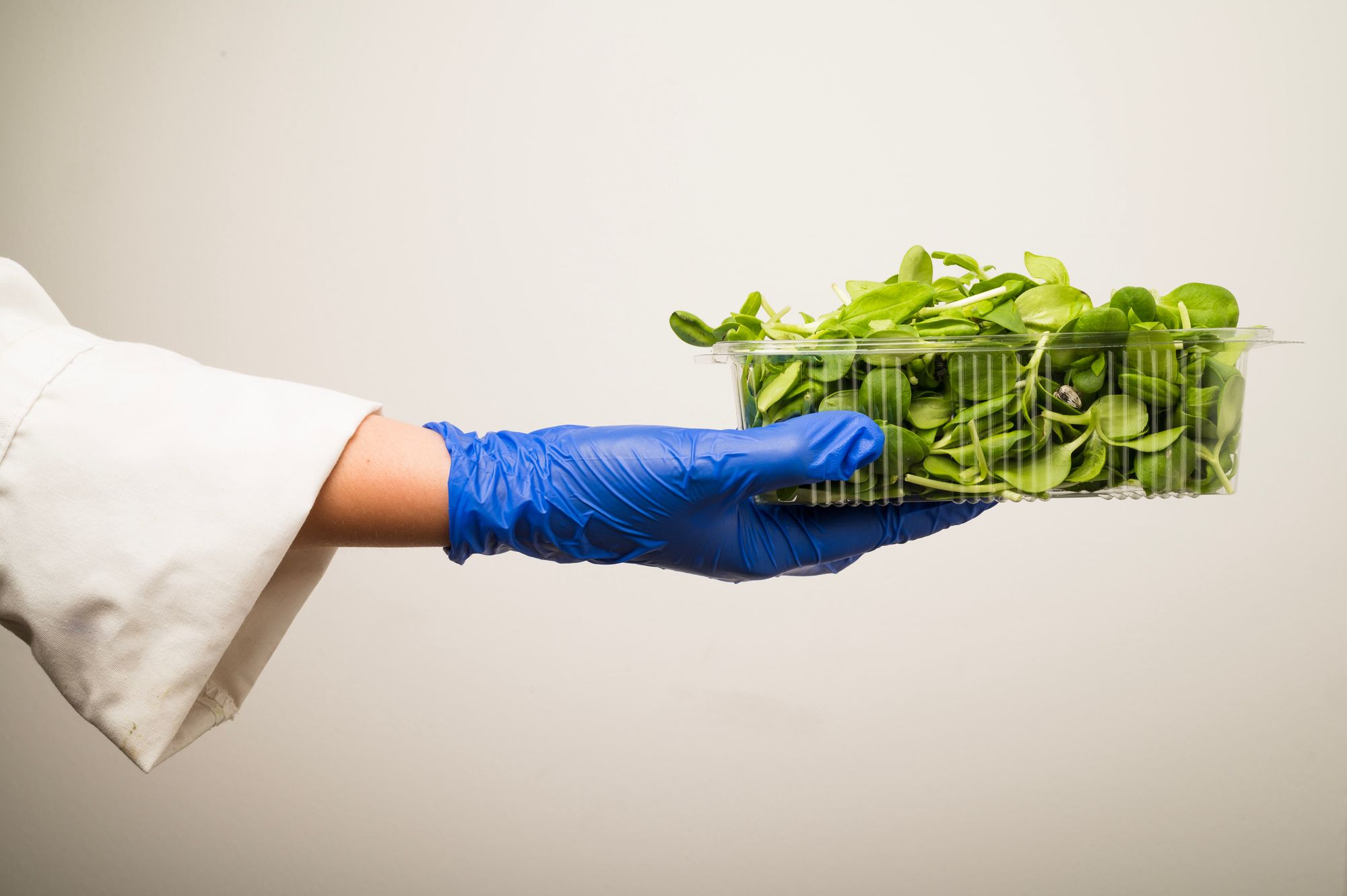
Bedrock is so far working mainly with restaurants; they started cultivating plants after talking with nearly 30 chefs and assessing their needs. But they also aim to be available to the average consumer in the future. This was done through Culinaris before their relocation but is suspended now due to lacking capacity. So far, their harvests have been delivered to 75 of Budapest’s restaurants, but around 370-400 of them (about 10% of the Hungarian capital’s restaurants) are relevant to the basement farm. According to Endre, most of their partners fall into the „mid-gourmet to Michelin-star category,” meaning the group of restaurants that are not particularly cheap but still affordable. „We are starting from a more expensive concept, which will later be used to finance our availability in the stores,” Endre explained, adding that their goal is to make bedrock greens available to everyone.
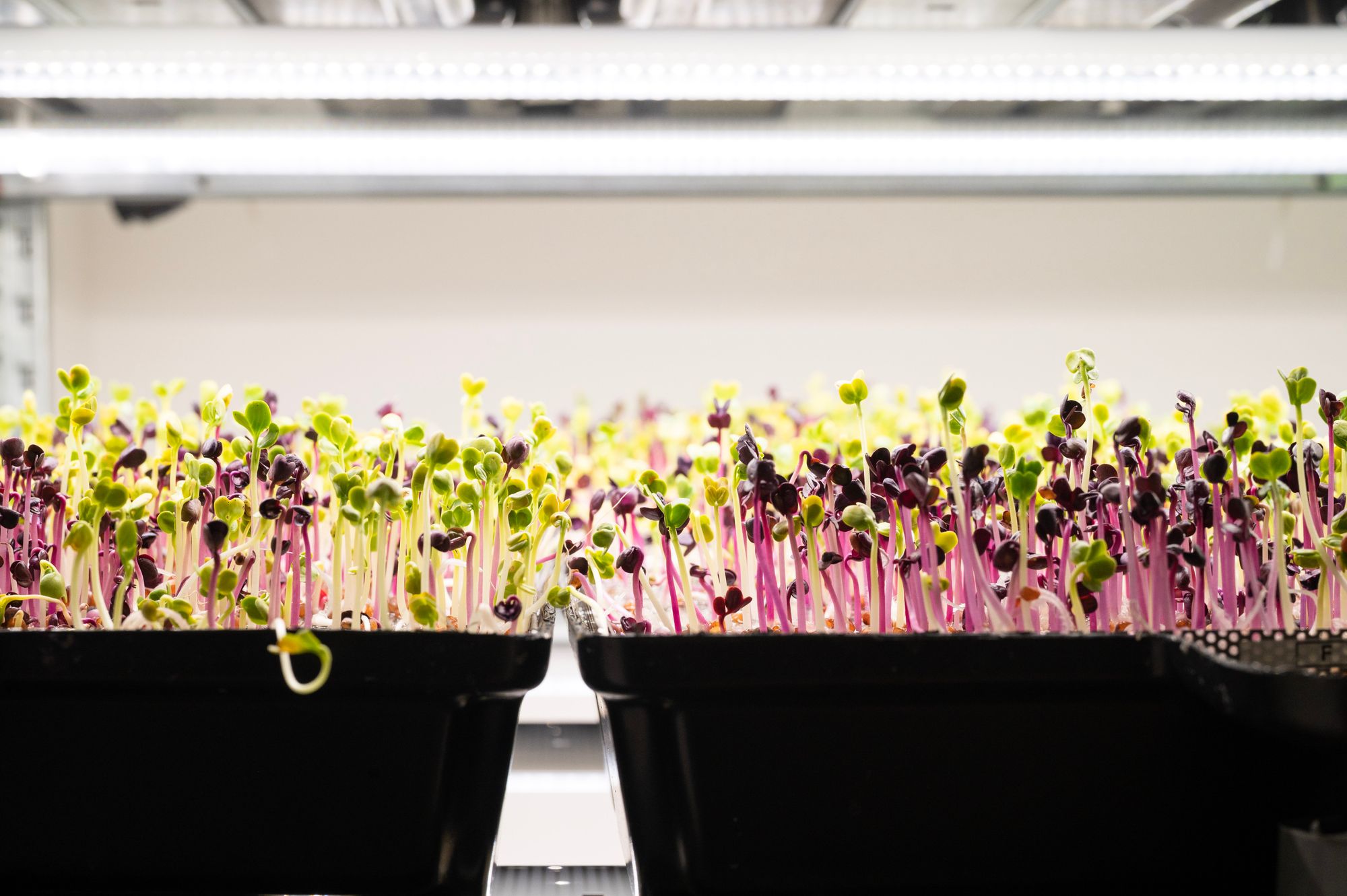
„Our goal is to offer the consumers the choice to buy something excellent, even if it is more expensive,” Endre explained bedrock’s mission statement, adding that their primary aim is to create the possibility for more people to have access to good-tasting ingredients with real character. One of their goals for this year is to expand, and by the end of 2023, they plan to have four farms in different parts of Budapest. According to the co-founder, it is more advantageous to have several small farms than one big one and to locate them as close as possible to the final consumers.
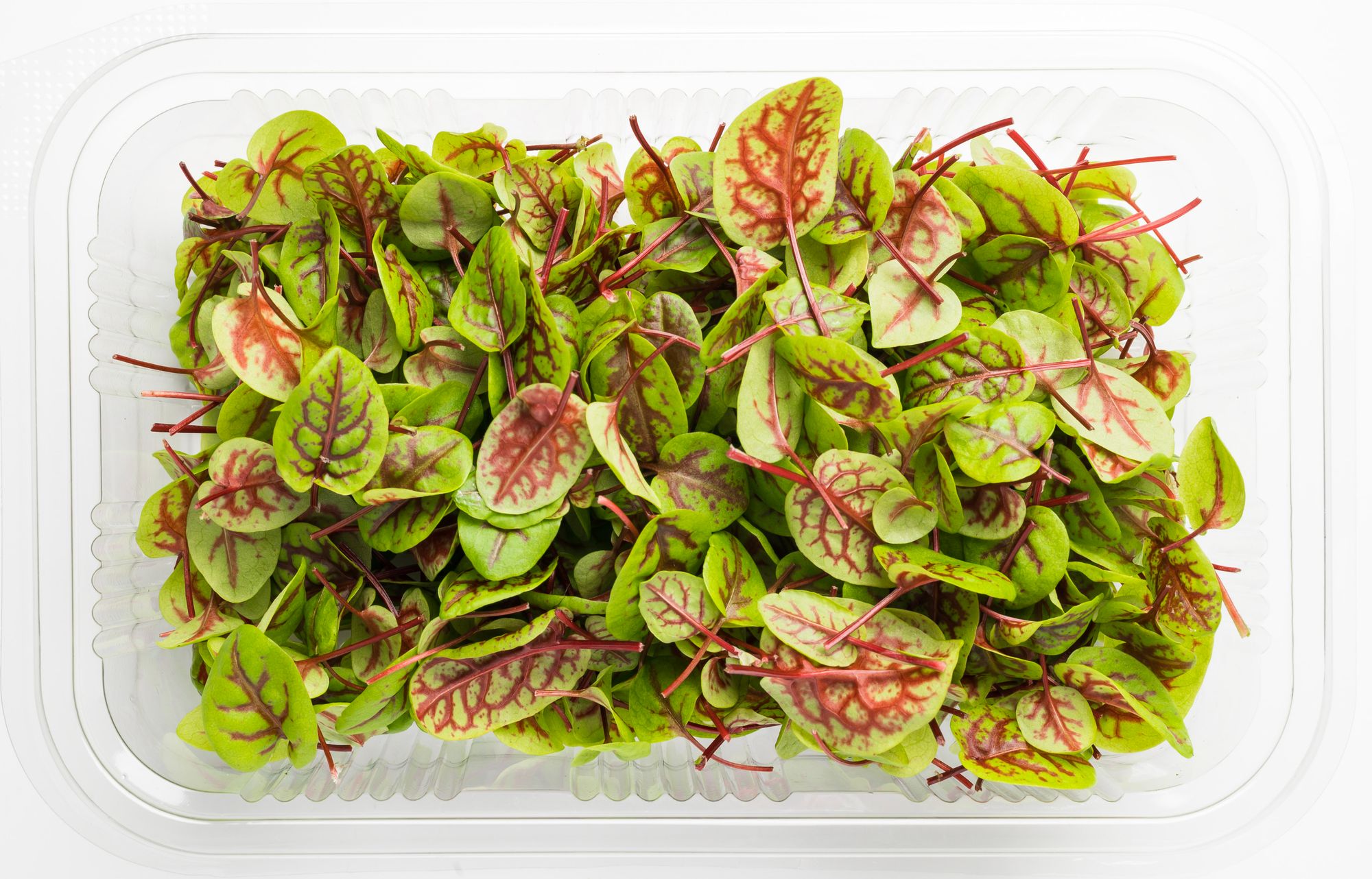
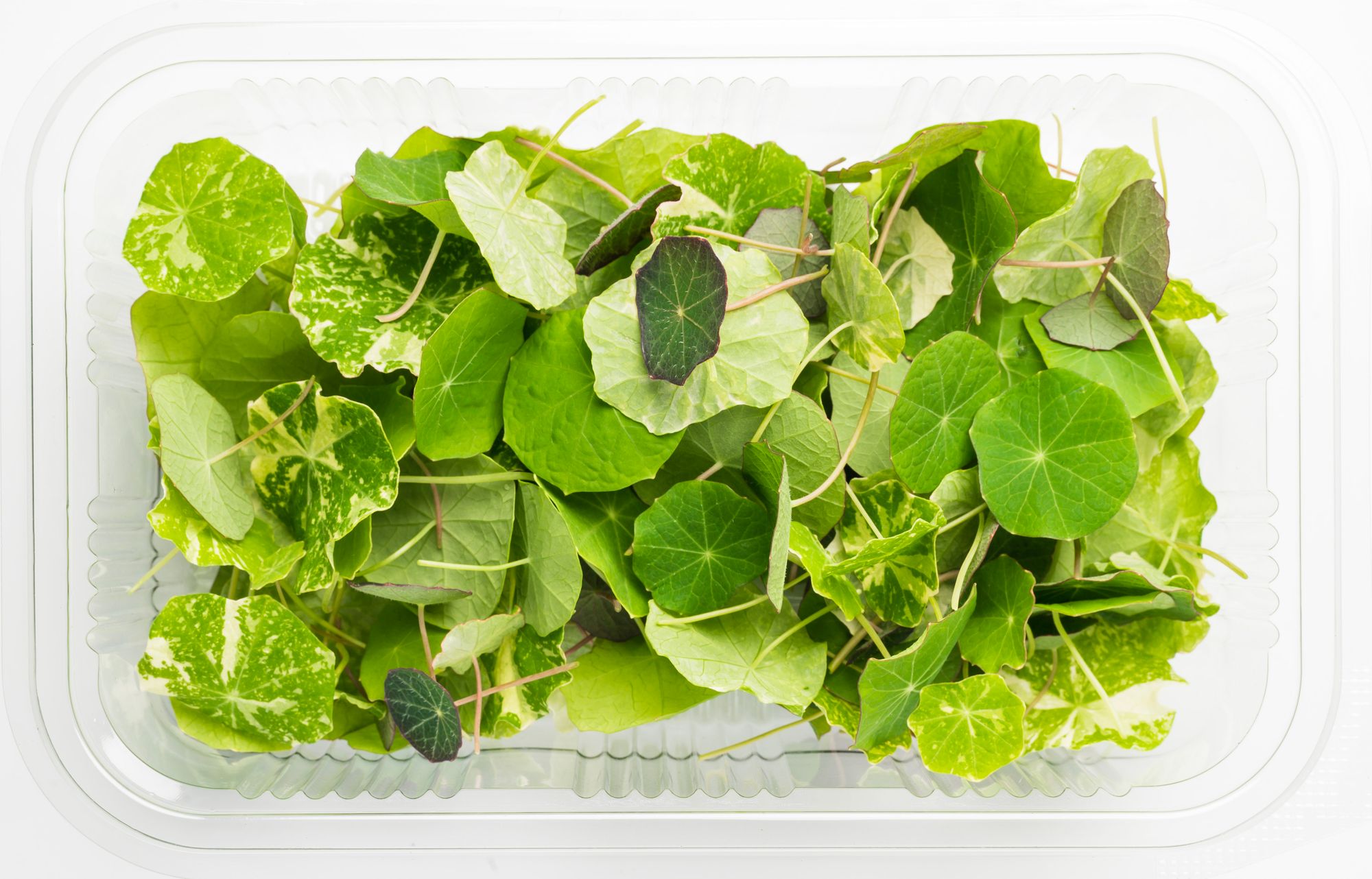
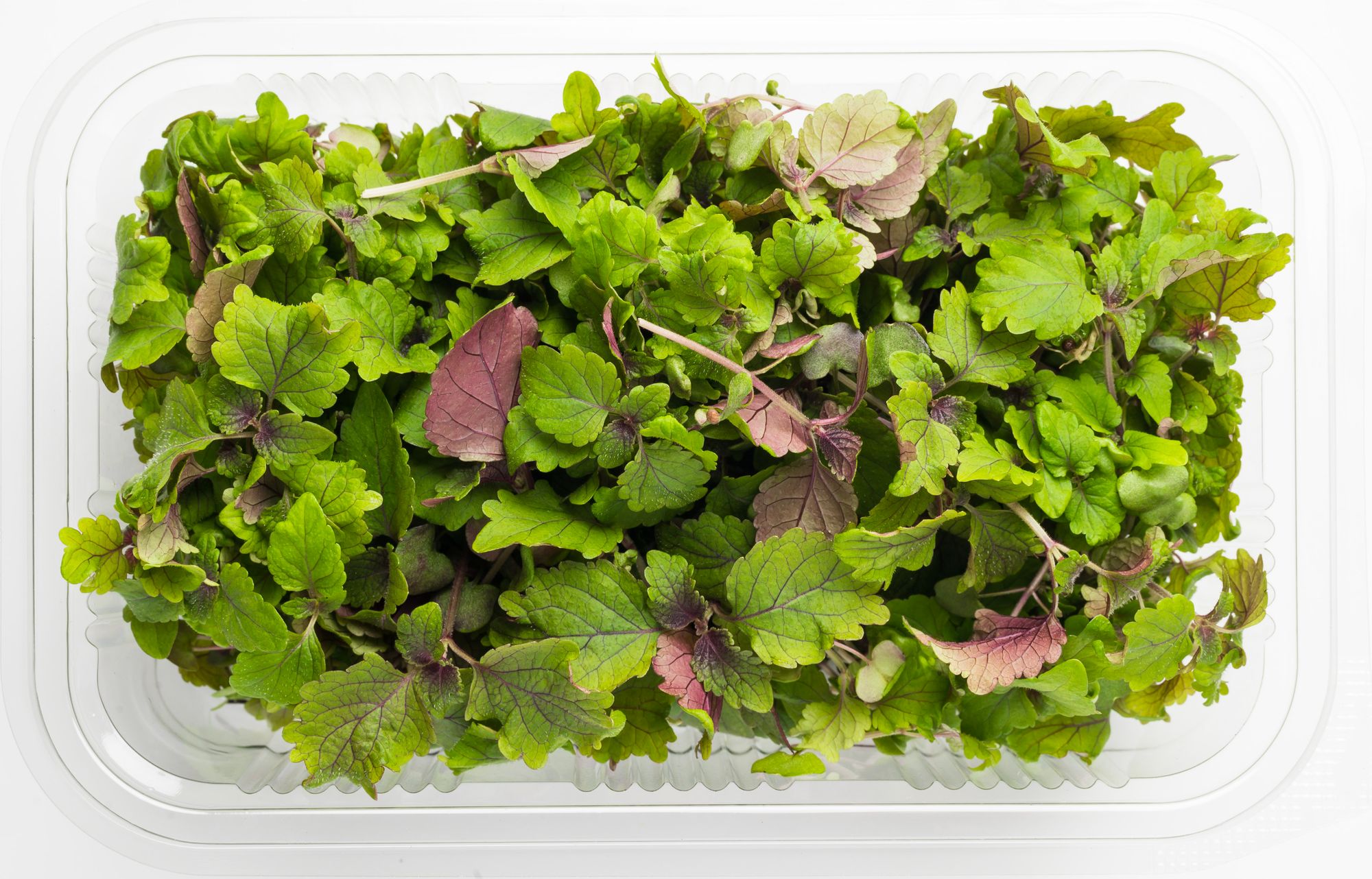
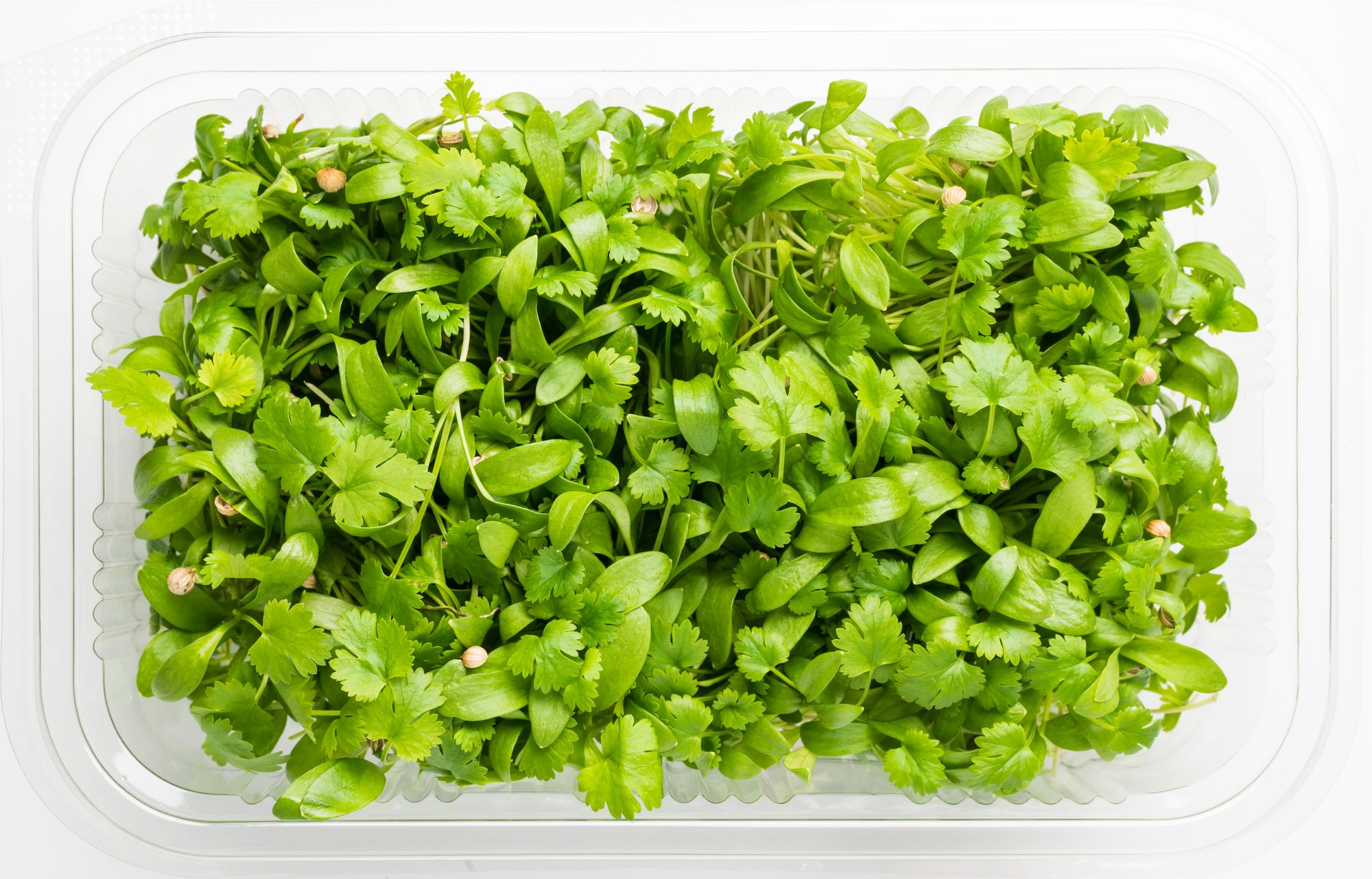
„We did not expect it to be that difficult, but it was worth it for this vision,” Endre said, adding with a bitter laugh that even though there was a minimal chance of a pipe bursting on the farm, it happened. „The partners we stood by during the pandemic became our most important partners afterward, he said. For my question concerning their hardest challenge, Endre listed all the crises they survived: „Growth is a challenge. After the pandemic, we got soaked, an energy crisis followed the burst pipe, and then a capital crisis came. „We need restaurants, we need energy, and we need capital,” Endre laughed.

Design for the dignity of aging

Folk ceramics and fashion?—here comes the COAT’s spring collection
